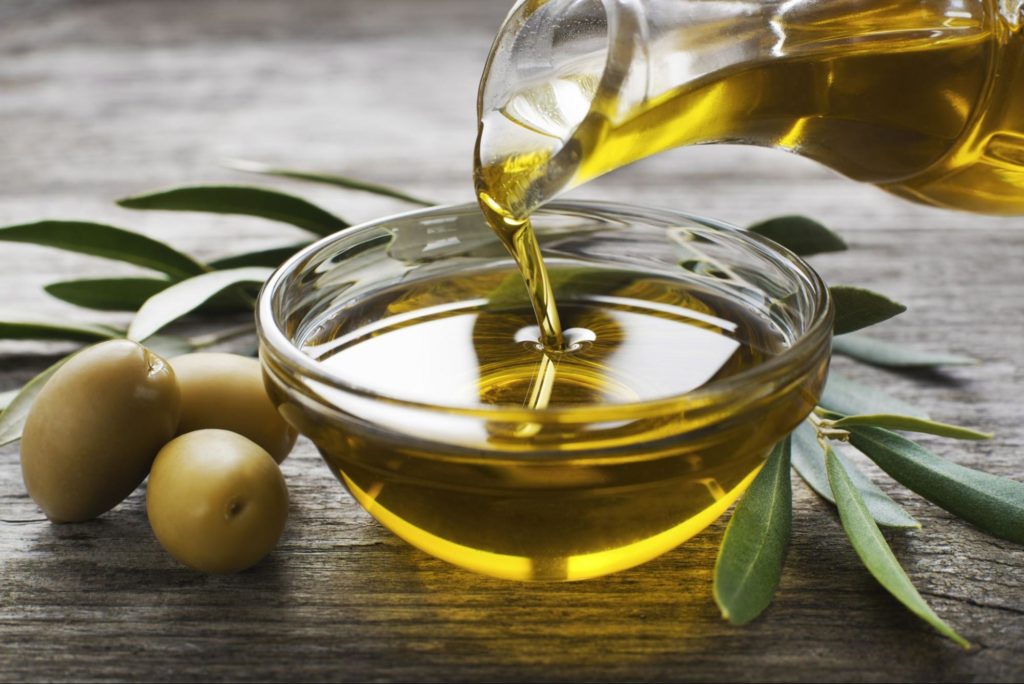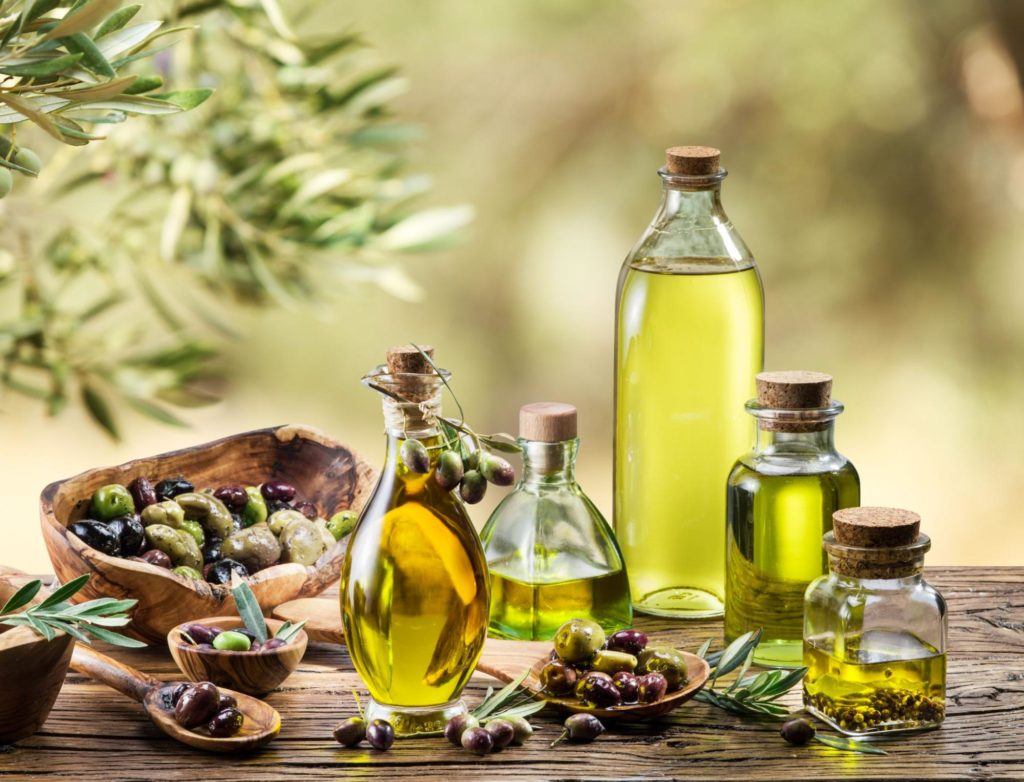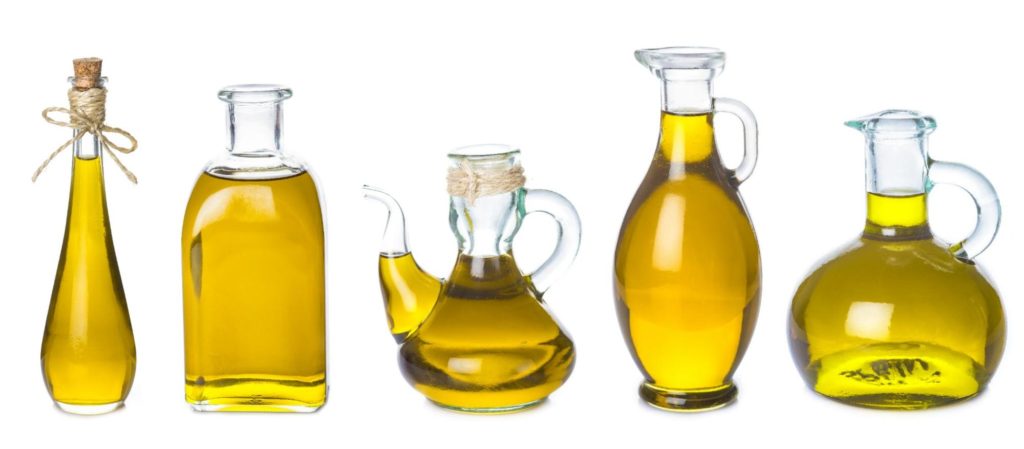
When it comes to provisioning a superyacht, every detail matters. From the finest linens to the most exquisite dining experiences, superyacht owners and their guests expect nothing but the best. One essential ingredient that often plays a subtle yet significant role in culinary endeavours is olive oil. But with a myriad of options available, which type of olive oil should you choose? Let us delve into the world of olive oils and explore the factors that can help you make the perfect choice for your superyacht provisions.
Olive oil is not just a cooking staple; it’s a statement of quality and sophistication. On a superyacht, where luxury and excellence are paramount, selecting the right olive oil can elevate the culinary experience of your charter guests to new heights. To make an informed decision, let’s explore the various types of olive oil available.

Types of Olive Oil
Extra Virgin Olive Oil (EVOO)
Renowned for its bold and rich character, extra virgin olive oil stands as a hallmark of exceptional quality. Crafted through the process of cold pressing, it preserves the essence of olives in their purest form – their flavours and aromas. Cold pressed olive oil is created by mechanically extracting oil from olives without subjecting them to high temperatures or chemical treatments. This method preserves the oil’s natural flavours, colours, and nutritional benefits, resulting in a liquid gold that encapsulates the essence of the olive fruit.
With its gentle acidity and full-bodied taste, EVOO shines as the perfect drizzle over salads or as an enhancer for delicate dishes.
Virgin Olive Oil
Sitting slightly more robust than EVOO, virgin olive oil shares its origins in the first pressing of olives. This variety strikes a harmonious balance between flavour and acidity, rendering it a versatile choice for both culinary creation and adding a touch of finesse to dressings.
Pure Olive Oil
The fusion of refined olive oil and virgin olive oil gives birth to pure olive oil. Its more understated flavour profile lends itself well to high-heat cooking and frying endeavours. Even as it endows dishes with a gentle olive essence, it withstands the demands of elevated temperatures.
Light Olive Oil
Do not let the name deceive you – “light” olive oil refers not to its calorie content, but to its subtler flavour profile. This variety undergoes a meticulous refining process, rendering it an excellent option for dishes that call for a delicate olive undertone without overpowering other ingredients.
Infused Olive Oil
Through a careful process, fresh herbs, spices, fruits, or even chillies are carefully introduced to the oil. The process begins with selecting the finest ingredients, be it fragrant rosemary, zesty citrus peels, or fiery red pepper flakes. These components are gently introduced to high-quality extra virgin olive oil, and the infusion journey commences. Time becomes an ally, as the oil absorbs the flavours and aromas of the chosen ingredients. The result is a liquid masterpiece that captures not only the essence of the added elements but also the very soul of the olive oil itself.

Storing Olive Oil Properly
Proper storage of olive oil is essential to maintain its freshness and prevent it from becoming rancid due to heat and other environmental factors. By following these guidelines, you can ensure that your olive oil retains its flavour and quality over time.
Temperature
One of the key factors in storing olive oil is temperature. Olive oil is sensitive to heat and can quickly become rancid if exposed to high temperatures. To prevent this, it’s crucial to store your olive oil in a cool and dark place. A pantry or cupboard away from direct sunlight and heat sources is ideal. By keeping the oil in a controlled environment, you can extend its shelf life and preserve its original flavours.
Light Exposure
Exposure to light can have a detrimental impact on the quality of olive oil. Light exposure causes the oil molecules to break down more rapidly, leading to a loss of flavour and overall quality. To counter this, make sure to keep your olive oil away from direct sunlight and any bright lights. Using dark-coloured glass bottles can also provide an additional layer of protection against light damage.
Air Exposure
Preventing air exposure is another critical aspect of proper olive oil storage. When olive oil comes into contact with oxygen, it undergoes oxidation, a chemical reaction that can lead to the breakdown of the oil’s molecules. This process can result in the oil becoming rancid and losing its desired flavour and quality. To minimise air exposure, ensure that the bottle is tightly sealed after each use. Using an airtight cap or cork can help create a barrier that limits the interaction between the oil and the surrounding air.
A Brief Recap
Can I use extra virgin olive oil for frying?
While extra virgin olive oil is best reserved for drizzling and dressing, it can be used for light sautéing. However, if you’re frying, pure olive oil is a better choice due to its higher smoke point. This ensures optimal cooking results without compromising the oil’s delicate flavours.
Does olive oil expire?
Yes, like any other consumable, olive oil has a shelf life. To enjoy the best quality and flavour, it’s important to store it properly and use it within a year. Pay attention to storage conditions, and always check the “best by” date on the bottle for guidance.
What’s the significance of low acidity?
Low acidity is a marker of high-quality olive oil. Olive oils with low acidity levels are typically made from carefully selected olives and processed with precision. This thorough production results in an oil with superior taste, aroma, and overall quality.
How can I differentiate between EVOO and virgin olive oil?
Distinguishing between Extra Virgin Olive Oil (EVOO) and virgin olive oil involves assessing their characteristics. EVOO boasts a lower acidity level and a more pronounced flavour profile compared to virgin olive oil. The richer taste and higher quality make EVOO a prized choice for drizzling and enhancing dishes.
Is light olive oil healthier?
The term “light” in light olive oil refers to its flavour and not its calorie content. All varieties of olive oil offer health benefits in moderation. Light olive oil has a milder taste, making it suitable for dishes where a subtle olive flavour is desired. Regardless of type, olive oil is a heart-healthy choice rich in beneficial monounsaturated fats.
Selecting the right olive oil for your superyacht provisions can greatly enhance your culinary offerings. From the richness of extra virgin olive oil to the versatility of pure olive oil, each type has its unique role in creating unforgettable dining experiences. From the sun-soaked groves where olives are lovingly cultivated to the pressing and crafting processes, each step in the journey contributes to the remarkable quality and versatility of olive oil.
Ready to elevate your yacht dining experience to a whole new level of luxury and flavour? Contact Gourmet Deliveries today to explore our exquisite selection of premium olive oils and discover how our yacht provisioning services can turn your culinary dreams into a reality.



